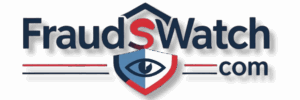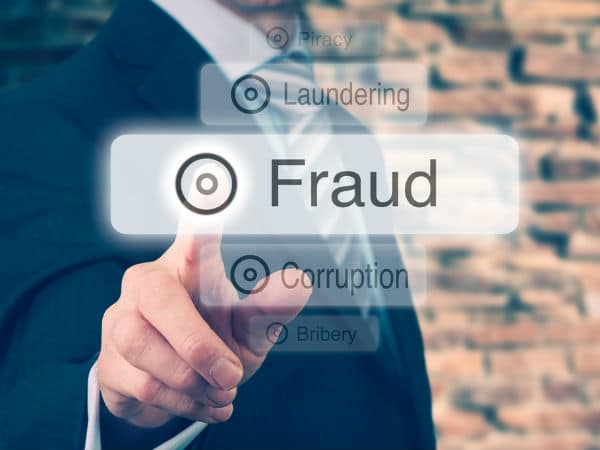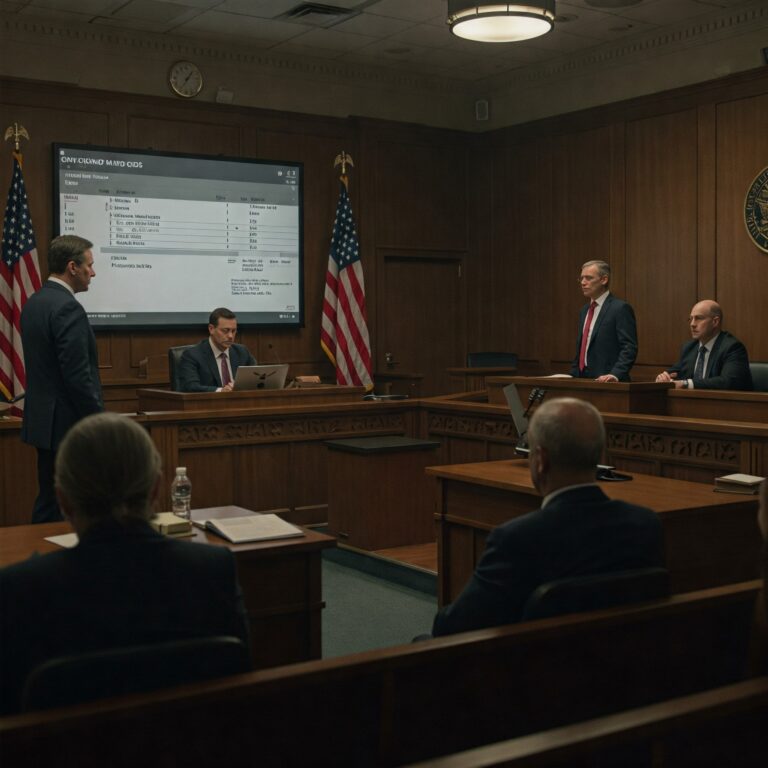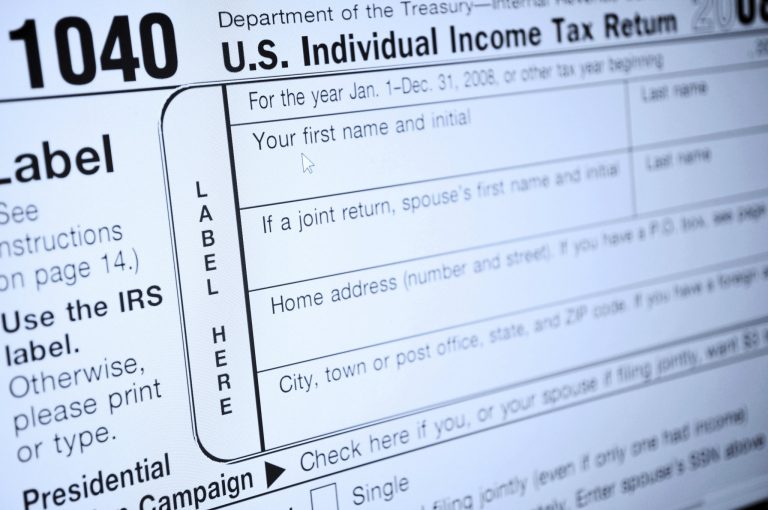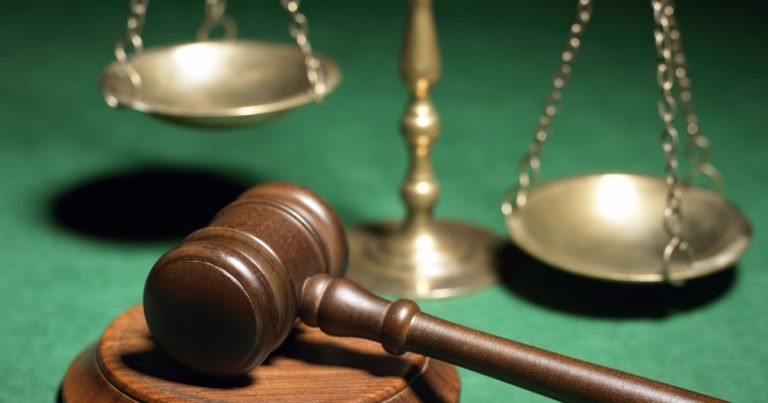Supreme Court Upholds Law Forcing TikTok Sale: National Security Concerns Trump Free Speech Arguments, Says DOJ
WASHINGTON, D.C. – The United States Supreme Court has delivered a landmark decision in the closely watched case of TikTok, et al. v. Garland, upholding a recently passed law that compels the Chinese-owned social media giant TikTok to either divest from its parent company, ByteDance, or face a ban in the United States. The ruling, a significant victory for the Biden administration and a bipartisan coalition in Congress, prioritizes national security concerns over arguments regarding potential free speech infringements.
The Department of Justice (DOJ), which had vigorously defended the law, hailed the decision as crucial for safeguarding American data and preventing potential manipulation by the Chinese government. Attorney General Merrick B. Garland and Deputy Attorney General Lisa Monaco issued strong statements welcoming the ruling, emphasizing its importance in protecting the United States from authoritarian regimes seeking to exploit technology for malicious purposes.
DOJ: Court’s Decision a Shield Against Chinese Government Weaponization of TikTok
“The Court’s decision enables the Justice Department to prevent the Chinese government from weaponizing TikTok to undermine America’s national security,” declared Attorney General Garland in his official statement. “Authoritarian regimes should not have unfettered access to millions of Americans’ sensitive data. The Court’s decision affirms that this Act protects the national security of the United States in a manner that is consistent with the Constitution.”
Garland’s statement underscores the core argument put forth by the DOJ: that TikTok’s ownership structure, under which it is ultimately beholden to the Chinese Communist Party (CCP), poses an unacceptable risk to U.S. national security. The concern is that the CCP could compel ByteDance to share sensitive user data, including location information, browsing history, and biometric identifiers, or to manipulate the TikTok algorithm to promote pro-China narratives or suppress content deemed unfavorable by Beijing.
Deputy Attorney General Lisa Monaco echoed Garland’s sentiments, emphasizing the bipartisan nature of the legislation and its focus on national security rather than censorship. “We welcome today’s decision by the Supreme Court. The Justice Department has long warned about the national security harms from PRC control of TikTok — including the ability to gather sensitive information about tens of millions of Americans and to covertly manipulate the content delivered to them,” Monaco stated. “The Court’s ruling also underscores that the bipartisan legislation upheld today is focused on protecting Americans, not restricting free speech. Rather, this legislation is about breaking the ties that bind TikTok to the government in Beijing, in a manner consistent with the Constitution.”
The Protecting Americans from Foreign Adversary Controlled Applications Act: A Deep Dive
The law at the heart of this legal battle is the “Protecting Americans from Foreign Adversary Controlled Applications Act.” This legislation, which sailed through Congress with overwhelming bipartisan support, specifically targets social media applications owned or controlled by entities based in countries designated as “foreign adversaries” by the U.S. government, including China, Russia, Iran, and North Korea.
The Act grants the President of the United States the authority to determine whether a particular application poses an unacceptable risk to national security. If such a determination is made, the application’s owner is given a period of 270 days (with a possible 90-day extension at the president’s discretion) to divest from its foreign adversary parent company. Failure to divest within this timeframe would result in a ban on the application’s operation within the United States, effectively prohibiting app stores and web hosting services from distributing or supporting it.
TikTok’s Legal Challenge: First Amendment Rights vs. National Security
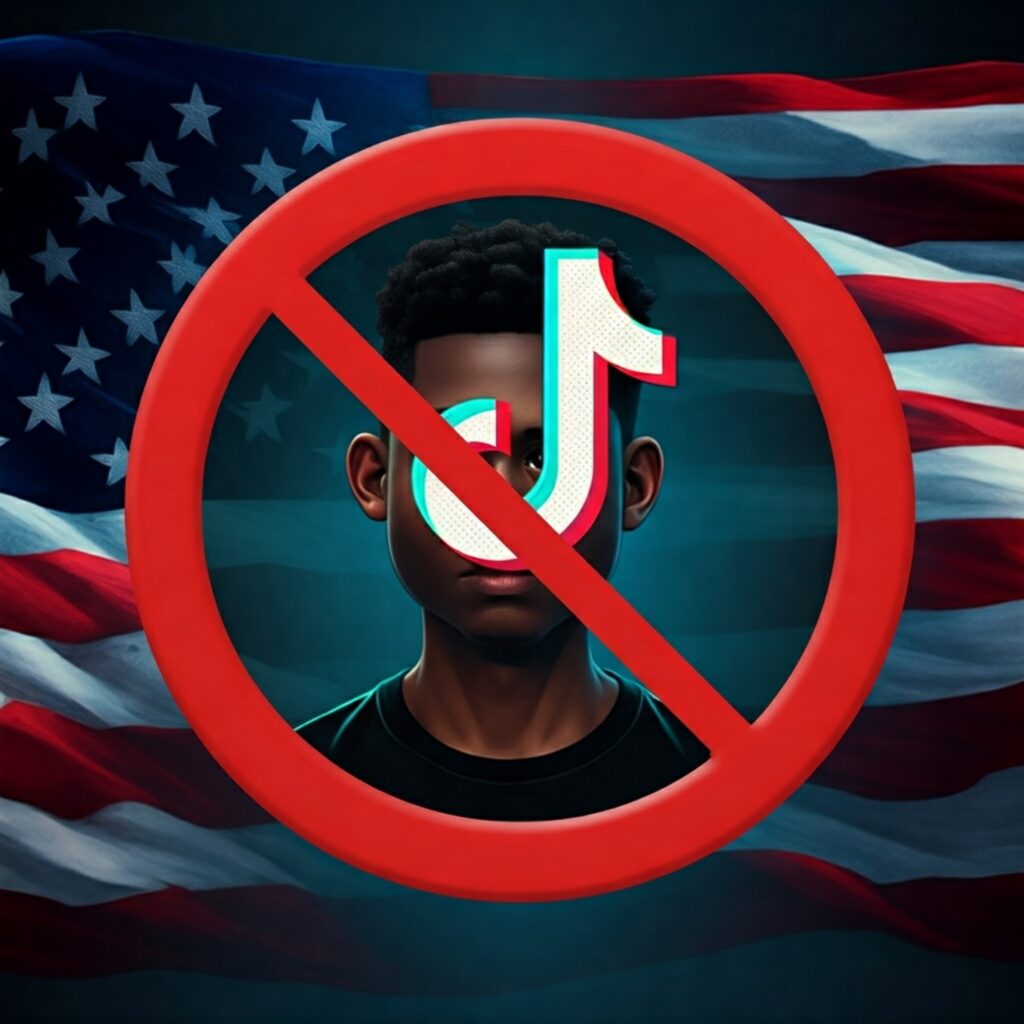
TikTok and its parent company, ByteDance, filed the lawsuit against Attorney General Garland, arguing that the Act violated the First Amendment rights of both the company and its users. They contended that the law amounted to an unconstitutional restriction on free speech, effectively shutting down a platform used by over 170 million Americans for communication, expression, and information sharing.
TikTok’s legal team also argued that the government had not provided sufficient evidence to demonstrate a concrete threat to national security, suggesting that the concerns were based on speculative fears rather than demonstrable harm. They further claimed that the Act unfairly singled out TikTok and ByteDance, constituting a violation of the Fifth Amendment’s equal protection clause.
The Court’s Reasoning: National Security Takes Precedence
While the full text of the Supreme Court’s decision is not yet available, the statements from the DOJ suggest that the Court found the government’s national security arguments compelling. The Court likely weighed the potential risks posed by Chinese government access to TikTok’s vast trove of user data and its ability to manipulate the platform’s algorithm against the claimed infringements on free speech.
In upholding the law, the Court appears to have affirmed that the government has a legitimate interest in protecting national security, even if it means imposing limitations on certain forms of communication or expression. This decision aligns with previous Supreme Court rulings that have acknowledged the government’s power to regulate speech when it poses a clear and present danger to national security.
The Road Ahead: Divestment, Implementation, and Potential Challenges
The Supreme Court’s ruling sets the stage for the next phase of this complex saga: the implementation of the Protecting Americans from Foreign Adversary Controlled Applications Act. TikTok now has until January 19, 2025, (the official date, allowing for a potential 90-day extension) to divest from ByteDance. This will likely involve a complex and potentially contentious sale process, with potential buyers needing to navigate regulatory hurdles and political scrutiny.
Potential Buyers and the Future of TikTok
Several major U.S. technology companies, including Microsoft, Oracle, and Walmart, have previously expressed interest in acquiring TikTok. However, the landscape has shifted considerably since those initial discussions, and it remains to be seen who will emerge as a serious contender. Any potential buyer will need to demonstrate that they can adequately address the national security concerns that prompted the legislation in the first place.
Furthermore, the divestiture process itself could face legal challenges. ByteDance could attempt to argue that the forced sale constitutes an unconstitutional “taking” of private property under the Fifth Amendment. They could also seek to delay the process by challenging the government’s determination that TikTok poses a national security threat.
The Broader Implications: A New Era of Tech Regulation
The TikTok case has far-reaching implications beyond the fate of a single social media platform. It represents a significant shift in the U.S. government’s approach to regulating technology companies, particularly those with ties to foreign adversaries. The bipartisan support for the Protecting Americans from Foreign Adversary Controlled Applications Act suggests a growing consensus that national security concerns must be given greater weight in the digital age.
This case could pave the way for increased scrutiny of other foreign-owned technology companies operating in the United States, particularly those with access to sensitive user data or the ability to influence public opinion. It also raises important questions about the balance between national security, free speech, and the free flow of information in an increasingly interconnected world.
Expert Opinions: A Mixed Bag of Reactions
The Supreme Court’s decision has elicited a range of reactions from legal experts, technology analysts, and civil liberties advocates.
- Dr. Susan Hennessey, a senior fellow at the Brookings Institution and a former attorney with the National Security Agency, believes the ruling is a “necessary step to protect American data from exploitation by foreign adversaries.” She argues that “the risks posed by TikTok’s ownership structure are real and substantial, and the government has a legitimate interest in mitigating those risks.”
- Professor Jennifer Daskal, a law professor at American University and an expert on national security law, acknowledges the national security concerns but expresses reservations about the potential impact on free speech. “The decision sets a potentially dangerous precedent,” she says. “While the government’s concerns are valid, we must be careful not to sacrifice fundamental rights in the name of security.”
- The American Civil Liberties Union (ACLU) issued a statement expressing disappointment with the ruling, stating that it “sets a dangerous precedent for government censorship and control over the internet.” The ACLU argues that “the law is overly broad and could be used to target other platforms in the future.”
Conclusion: A Defining Moment in the Digital Age
The Supreme Court’s decision in TikTok, et al. v. Garland is a watershed moment in the ongoing debate over the intersection of technology, national security, and free speech. It signals a clear willingness on the part of the U.S. government to take decisive action to address perceived threats posed by foreign-owned technology companies, even if it means imposing significant restrictions on their operations.
The coming months will be crucial in determining the future of TikTok in the United States. The divestment process, the potential legal challenges, and the broader implications for tech regulation will all be closely watched by stakeholders across the globe. This case serves as a stark reminder that the digital age has ushered in a new era of complex challenges, requiring a delicate balancing act between national security, economic interests, and fundamental rights. Only time will tell how effectively the United States will navigate this new terrain.
